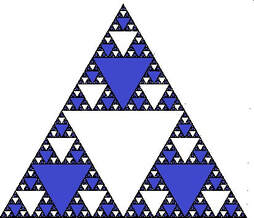The IB Focus on Conceptual Understanding
All DP language programme subject groups promote a vision of learning in which the development of language skills and conceptual understandings of language are complementary to each other, so that the total learning experience of the student is as robust as possible. As a result, DP students become more accomplished communicators in the languages they study when their abilities to read, write and speak about course content are reinforced and extended by an understanding of why and how people use language to communicate.
Concepts are vital in studies in language and literature courses since they help to organise and guide the study of texts across the three areas of exploration. The concepts interact with the three areas of exploration in numerous ways and contribute a sense of continuity in the transition from one area to the next. They also facilitate the process of establishing connections between texts, making it easier for students to identify different ways in which the texts they study relate to one another. Although they are not explicitly assessed in any component, the concepts constitute an essential part of a student’s investigation and should therefore be included in the discussion of each of the texts studied.
The seven concepts which structure the teaching and learning of these courses have been selected because of the central position they occupy in the study of both language and literature. They foreground aspects of linguistic and literary study that have been the focus of attention and inquiry. Brief explanations of the seven concepts are provided.
Concepts are vital in studies in language and literature courses since they help to organise and guide the study of texts across the three areas of exploration. The concepts interact with the three areas of exploration in numerous ways and contribute a sense of continuity in the transition from one area to the next. They also facilitate the process of establishing connections between texts, making it easier for students to identify different ways in which the texts they study relate to one another. Although they are not explicitly assessed in any component, the concepts constitute an essential part of a student’s investigation and should therefore be included in the discussion of each of the texts studied.
The seven concepts which structure the teaching and learning of these courses have been selected because of the central position they occupy in the study of both language and literature. They foreground aspects of linguistic and literary study that have been the focus of attention and inquiry. Brief explanations of the seven concepts are provided.
I. Identity IV. Communication |
II. Culture V. Perspective VII. Representation |
III. Creativity VI. Transformation |






